Cannes Film Festival - why it's important and what to look out for this year
The glitziest event in showbiz - but take it seriously please
For almost two weeks every May, the circus comes to the French Riviera as tens of thousands descend on the Croisette to worship at the church of cinema, the Cannes Film Festival. It is the largest, most prestigious showcase and marketplace in the industry, amplifying both mainstream and independent film on its glamorous, global stage. Where Brigitte Bardot shot to stardom, Pulp Fiction had its world premiere and Lars von Trier called Roman Polanski “the midget” (there are only losers in that fight).
Now in its 78th year it seems to hold more significance than ever, with an already struggling industry under threat of proposed 100% tariffs on films made outside the U.S. Upon receiving the Lifetime Achievement Award at the opening ceremony this week, Robert De Niro used his acceptance speech as a call to action, defending the arts as democratic, inclusive and in search of truth. He cited the following days as a celebration of strength and commitment to these values, ending with the French motto “Liberte, Egalite, Fraternite”.
The CFF has a foundation in political resistance, having been created in response to fascist control that had overtaken the first international film festival, the Venice Mostra. In 1938, despite a unanimous vote in favour of a different entry, Leni Riefenstahl’s Nazi propaganda film “Triumph of Will” took home the Golden Lion, their top prize. (*The director returned to Venice last year in the form of a documentary, “Riefenstahl”, about her ascension to stardom and subsequent catastrophic plummet - in cinemas now.) Despondent juror Philippe Erlanger decided that a new rival competition should be held in France, free from oppression and influence. After being postponed by the onset of WWII it opened for the first time in 1946, to great success.
It is revered by many filmmakers above all others for its dedication to international cinema and its focus on artistry, being less commercially minded than Hollywood. Only four films have won the top prize at both the Academy Awards and at Cannes: “The Lost Weekend” in 1945, “Marty” in 1955, “Parasite” in 2019 and “Anora” in 2024. Sean Baker, the American writer/director of Anora - which had a sweep of six Oscars - stated that winning the Palme D’Or was for him his highest achievement.
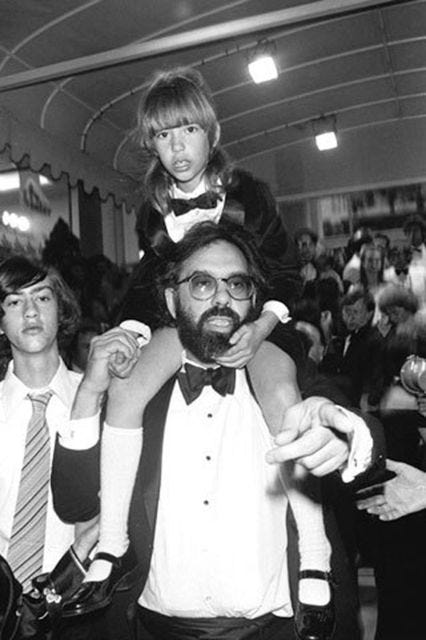
How it goes down
The most prominent part of the festival focuses on feature films that are pre-selected by the event’s board of directors - this year tasked with working through a record 3000 submissions from 156 countries. Those shortlisted are then screened over a period of twelve days wherein a jury of international artists (typically nine) must choose the award winners, the most prestigious being the Palme D’Or and its runner up, the Grand Prix. This year’s jury includes directors, writers and actors hailing from France, Italy, Mexico, Morocco, South Korea, India, Republic of the Congo and the US, with judging presided over by appointed president Juliette Binoche.
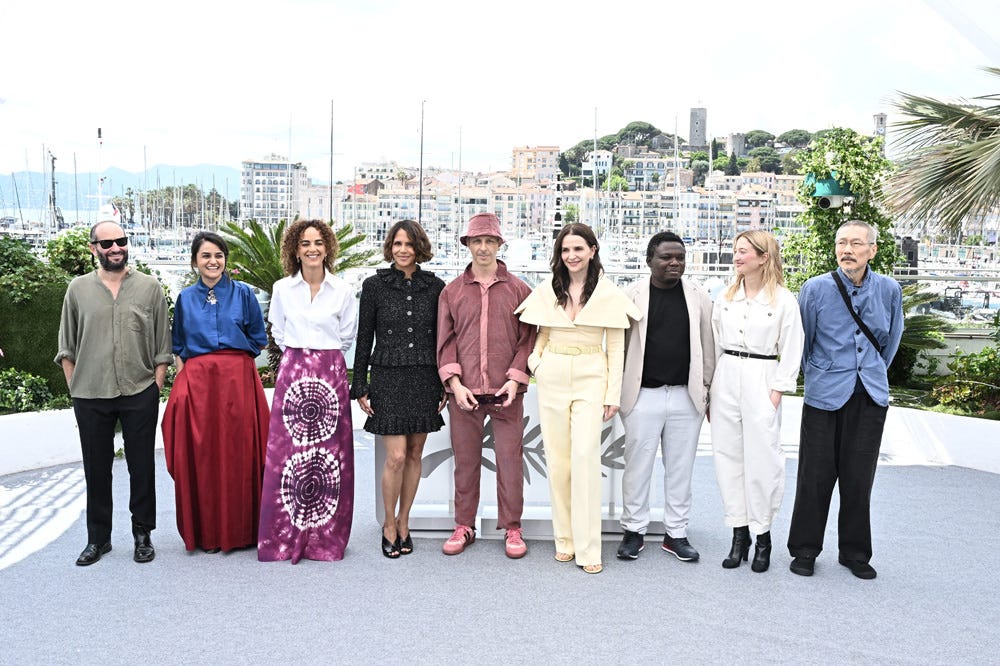
Outside the main proceedings there are three other competitions that run in tandem, each with their own individual juries:
Un certain regard - For films that emphasize non-traditional stories, aiming to recognize daring new talent. This year will see the first Nigerian selection, “My Father’s Shadow” vying for the award.
Cinefondation - For short and medium length films - between 35 and 60 minutes long.
Camera D’or - For best first features.
There is also an “Out of Awards” category - screenings for films that are not entered into competition but utilize the exposure as a launchpad. These are often starry and more lowbrow (no hate, they’re often fantastic). The latest and allegedly last in the MI franchise series “Mission Impossible, The Final Reckoning” premiered on Wednesday, complete with a red carpet acapella and orchestral rendition of the theme tune.
Codes of conduct - a lesson in contradictions
At odds with its messaging of free speech and inclusivity - platforming a number of highly controversial film screenings - is a famously conservative dress code, which has a long history of push back from attendees. In 2015 when several women were reportedly barred for not wearing high heels it prompted a flurry of outrage, some actresses choosing to forgo shoes completely. Isabelle Huppert had a particularly tongue in cheek response by sporting Balenciaga’s “Anatomic Shoe” - a high heel molded to look like a foot.
The decree on Monday of a ban on dresses deemed either too voluminous or too naked - announced in the most French way, the day before the opening ceremony - is on one hand fair (first holds up traffic, second is overdone) but on the other particularly irksome given the current conservative wave intent on the policing of women’s bodies. Perhaps this self-seriousness is a way in which the organizers feel they can retain a sense gravitas but it seems a bit archaic. I’m sure we’ll see our fair share of sartorial dissent again - it wouldn’t be Cannes without it.
What I have my eye on at this year’s festival:
THE HISTORY OF SOUND - directed by Oliver Hermanus, starring Paul Mescal & Josh O’Connor
Lionel and David, students who meet at a New England conservatory during WWI, bond over a love of folk music and set out to record the lives of their fellow countrymen. Based on the short story by Ben Shattuck.
South African director Hermanus (Living), was keen to show a gay love story that was easy - rather than the struggle that is often depicted during this time period. It is billed as a romance/drama, reading as much about the span of a life as about the love within it.
With two of the most in demand young actors/internet boyfriends having top billing the anticipation around this has been building for months.
SENTIMENTAL VALUE - directed by Joachim Trier, starring Renate Reinsve, Inga Ibsdotter, Stellan Skarsgard, Elle Fanning
Nora and Agnes reunite with their estranged father, a once-renowned film director. Looking to make a career comeback with his next film, he offers a part to stage actress Nora, which she turns down. When a younger American star takes her place they must suddenly navigate a new person being thrown into an already complex family dynamic.
“Exploring family, memories and the reconciliatory power of art”.
I can’t wait for this - the reunion of Trier and Reinsve is a follow up of sorts to “The Worst Person in the World” - one of my favourite films of 2022.
ALPHA - directed by Julia Ducournau, starring Melissa Boros
In a fictionalized 1980s metropolis where an epidemic is taking hold - Alpha, a troubled teenager lives alone with her mother. When she comes home from school one day with with a tattoo on her arm it sends their world crashing down around them…
The french director and pioneer of the genre “Gothic Horror Heroinism” is back at Cannes after taking home the 2021 Palme D’Or for “Titane”. A polarizing win, all eyes are on her third feature - what she calls her “most personal and profound work.”
THE PHOENICIAN SCHEME - directed by Wes Anderson, starring Benicio del Toro, Mia Threapleton, Michael Cera, Willem Dafoe, etc, etc
International businessman Zsa-zsa Korda - a survivor of six plane crashes and one of the richest men in Europe - appoints his only daughter, a nun, as sole heir to his estate. As Korda embarks on the last, most important project of his life, they soon become the target of scheming tycoons, foreign terrorists and determined assassins.
Two years after premiering “Asteroid City” at the festival Wes is back with an ensemble cast of recurring faces - along with exciting new ones in Riz Ahmed, Richard Ayoade and Mia Threapleton (Kate Winslet’s daughter). Landing in cinemas this month.
SOUND OF FALLING - directed by Mascha Schilinski, starring Gode Benedix, Lea Drinda, Florian Geißelmann, Hanna Heckt
A patchwork of stories set over the course of a century, leading up to present day. Four different girls growing up on a farm in Germany find their lives intertwined, dissolving the separation of time between them.
Only the second film from the relatively unknown German director, this ambitious piece has been touted as a dark horse at the festival with Deadline calling it “A Masterclass in Ethereal, Unnerving Brilliance”.
NOUVELLE VAGUE - directed by Richard Linklater, starring Zoey Deutch, Alix Benezech, Guillaume Marbeck, Paolo Luka-Noe
A movie about a movie - the making of the New Wave masterpiece, “A Bout de Souffle”/ “Breathless”.
Shot in the same style as Goddard and completely in French - despite the fact that Linklater doesn’t speak the language. The director is currently several years into the 20 year long screen adaptation of Sondheim’s musical “Merrily We Roll Along” - clearly no challenge is to great!
A SIMPLE ACCIDENT - directed by Jafar Panahi, starring Ebrahim Azizi, Majid Panahi, Vahid Mobasseri, Mariam Afshari
“A minor accident sets into motion a series of escalating consequences.”
Other than this vague outline little has been offered as to plot but Jafari is one of Iran’s greatest cinematic auteurs, having notoriously smuggled his 2011 Cannes entry “This is Not A Film” on a USB drive hidden within a cake.
The production team is the same that gave us “Anatomy of a Fall”.
THE MASTERMIND - directed by Kelly Reichert, starring Josh O’Connor, Alana Haim, John Margaro, Hope Davis, Bill Camp
Massachusetts, 1970 - When an unemployed carpenter turned amateur art theif plans his first big heist things begin to spin out of control.
Reichert (“First Cow”), is known for her neo-realist view of America, telling stories about those often overlooked on the fringes of society. With more of a focus on atmosphere and characters than plot it will be interesting to see if this is a divergence.
- O’Connor is extremely shrewd in picking directors to work with - having badgered Alice Rohrwacher until she eventually rewrote the lead role in “La Chimera” for him. A feather in his cap to be showing in two strong submissions this year.
DIE, MY LOVE - directed by Lynne Ramsay, starring Jennifer Lawrence and Robert Pattinson
An adaptation of the novel by Ariana Harwicz about a new mother who develops postpartum depression, entering into psychosis.
Ramsay has brought all of her previous films to Cannes including “Ratcatcher”, “We need to talk about Kevin” and “You Were Never Really Here”. This is her first in seven years - a killer director/actor combo, with Lawrence also producing.
EDDINGTON - directed by Ari Aster, starring Pedro Pascal, Joaquin Phoenix, Emma Stone, Luke Grimes, Austin Butler
Eddington, New Mexico during the Covid pandemic - A battle between “law and order” when a small-town sheriff and mayor are pitted against each other.
Ari Aster’s psychological horror flicks aren’t for everyone - I loved “Midsommar”, “Beau is Afraid” was a tougher sell. With a cast this stacked you have to imagine there was something gripping in the script for them to all sign on.
HIGHEST 2 LOWEST - directed by Spike Lee, starring Denzel Washington, Jeffrey Wright, Pam King, A$AP Rocky
When a music mogul becomes the target of a complex blackmail scheme, he is caught up in life or death moral dilemma.
A reinterpretation of “High & Low”, Akira Kurosawa’s 1967 high stakes thriller. The two directors are both known for their social commentary, here speaking to the pitfalls off power, corruption, wealth and fame. This is screening out of competition but I’m looking forward to seeing another Spike/Denzel collab.
HONEY DON’T - director Ethan Coen, starring Margaret Qualley, Aubrey Plaza, Chris Evans
A detective comedy, following a small town investigator who gets involved in a series of deaths, all linked to a mysterious church.
It’s been called a “spiritual” sequel to last year’s “Drive-Away Dolls” which didn’t do particularly well…but the trailer is really promising, very true to Coen’s oddball, dark comedy roots.
Actors turned directors
The festival is known for giving actors a chance to exhibit their directorial debuts, for better or worse. This year Harris Dickinson brings “Urchin”, Kristen Stewart “The Chronology of Water” and Scarlett Johansson “Eleanor the Great”. All extremely talented and experienced actors - especially the latter two - so here’s hoping their skill translates to behind the camera as well.
On May 24th the winners will be announced, the making of many careers and a further indication of directors to watch and what to look forward to this coming year.
Hopefully Bob’s words ring true and this tariff talk doesn’t come to fruition - not only for the huge blow it would be to the massive global labor force of talented crew but also because I have zero interest in watching green screen versions of anything. I want to know that Tom is abseiling off the actual Burj Khalifa!

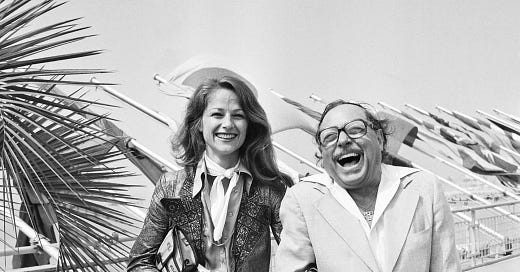




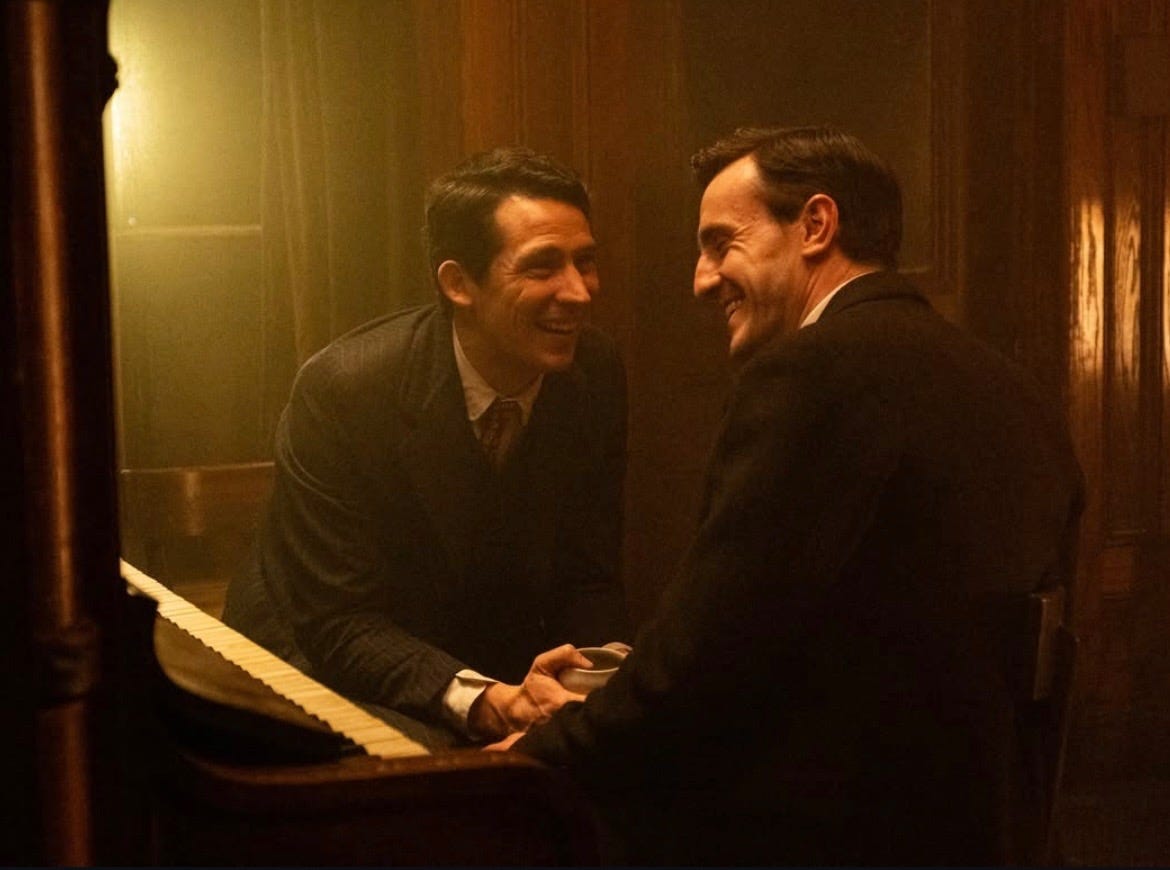
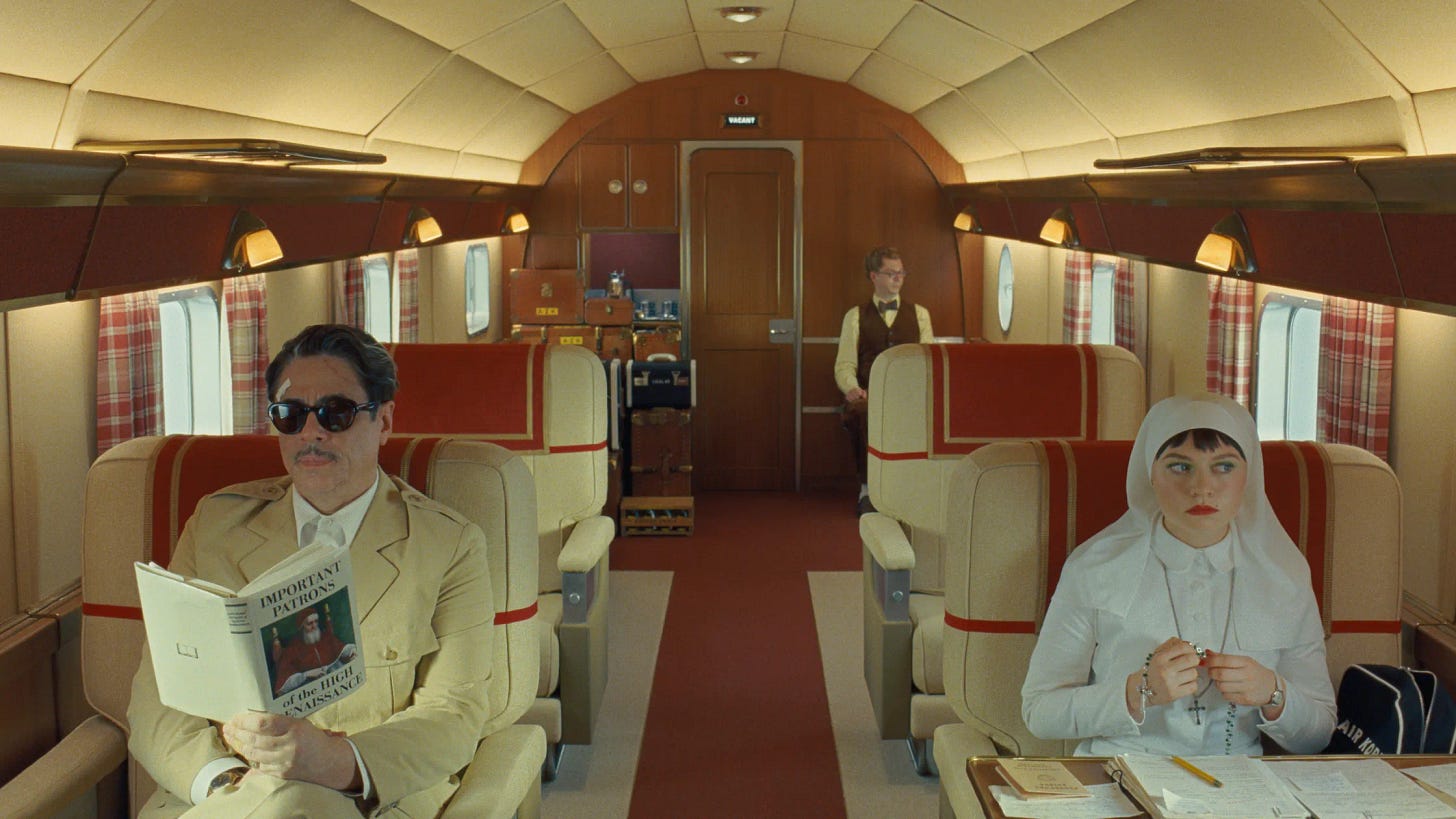
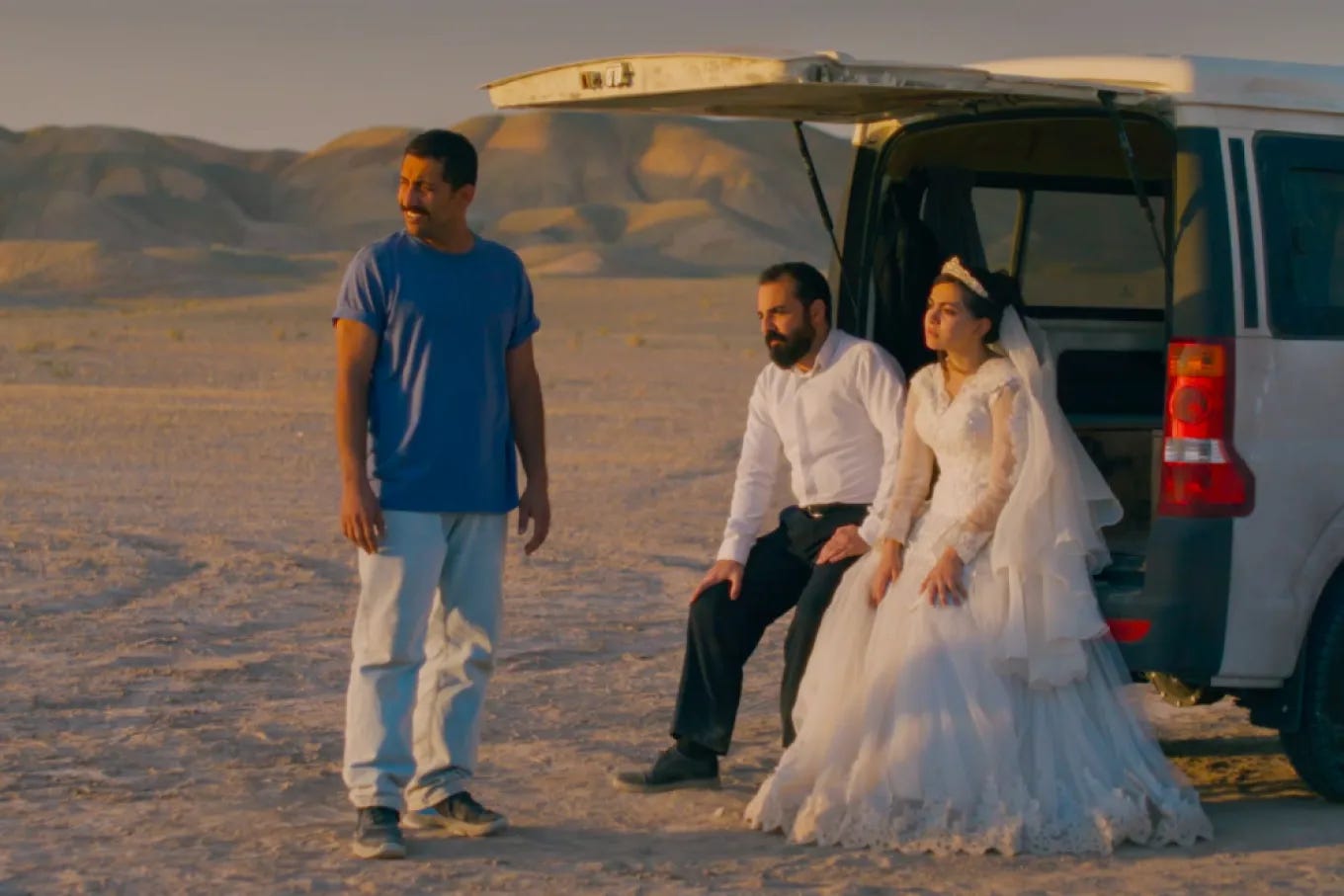
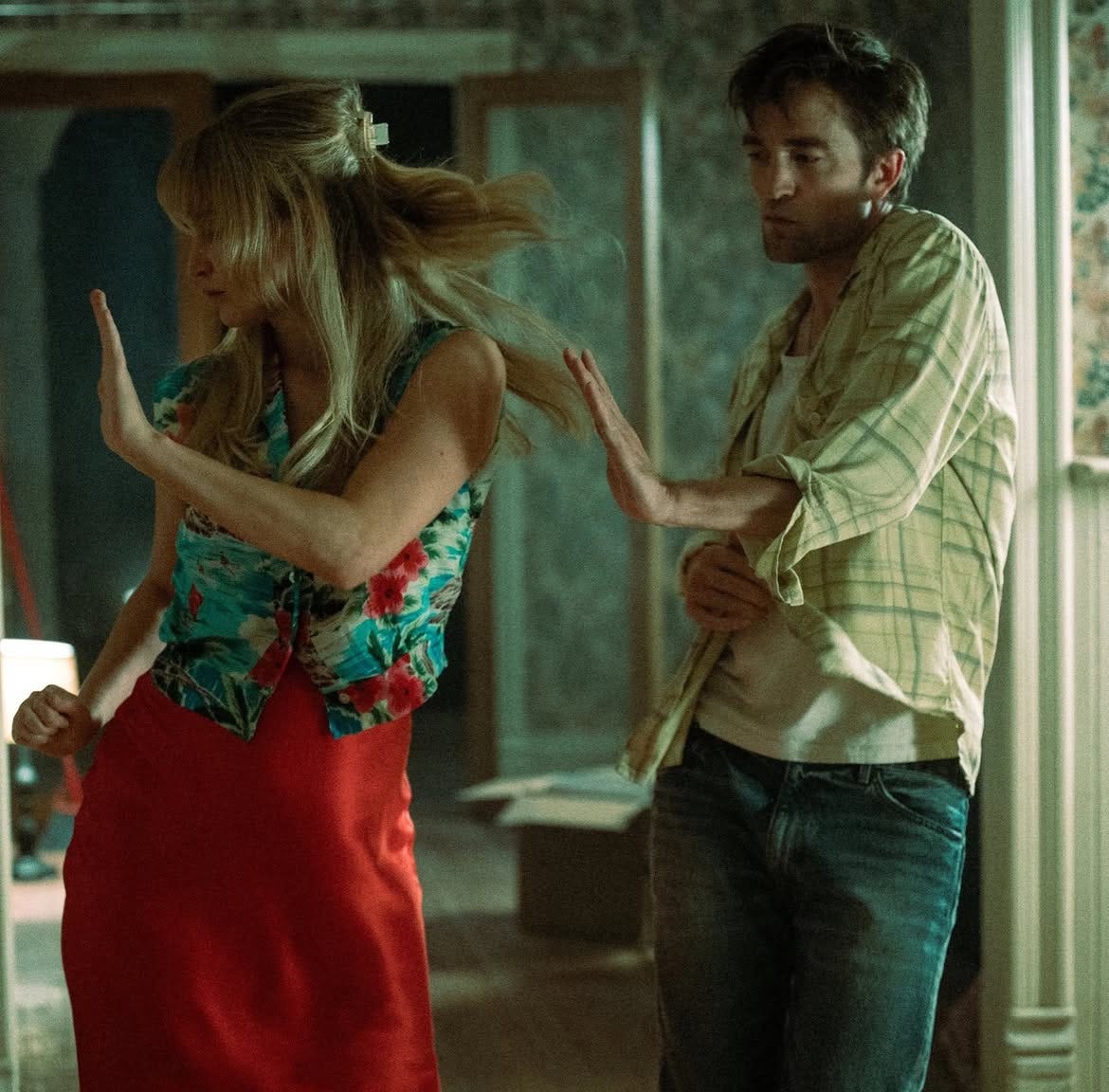
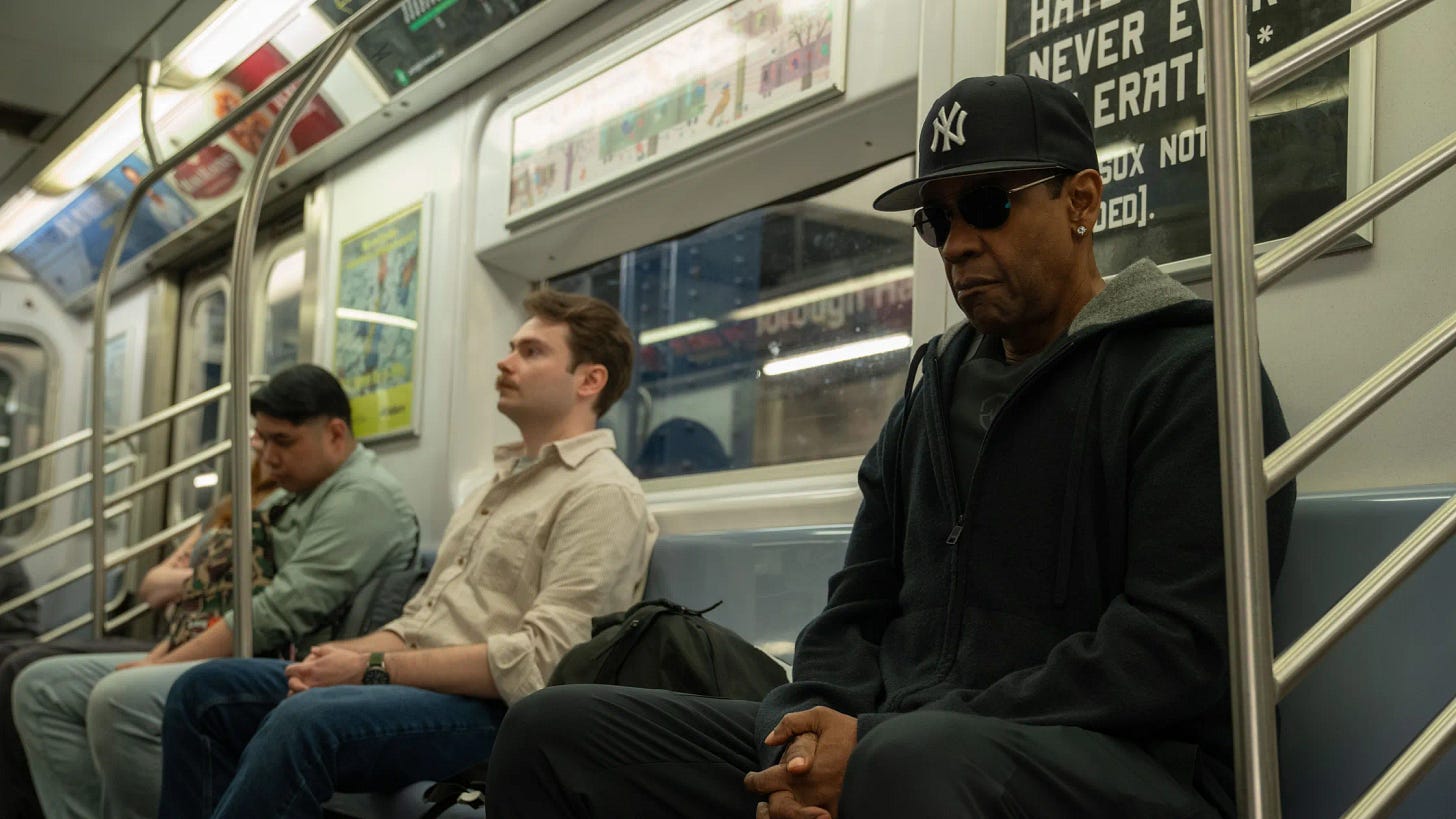
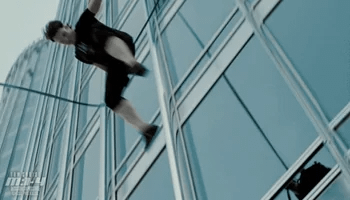
Next year, we go.